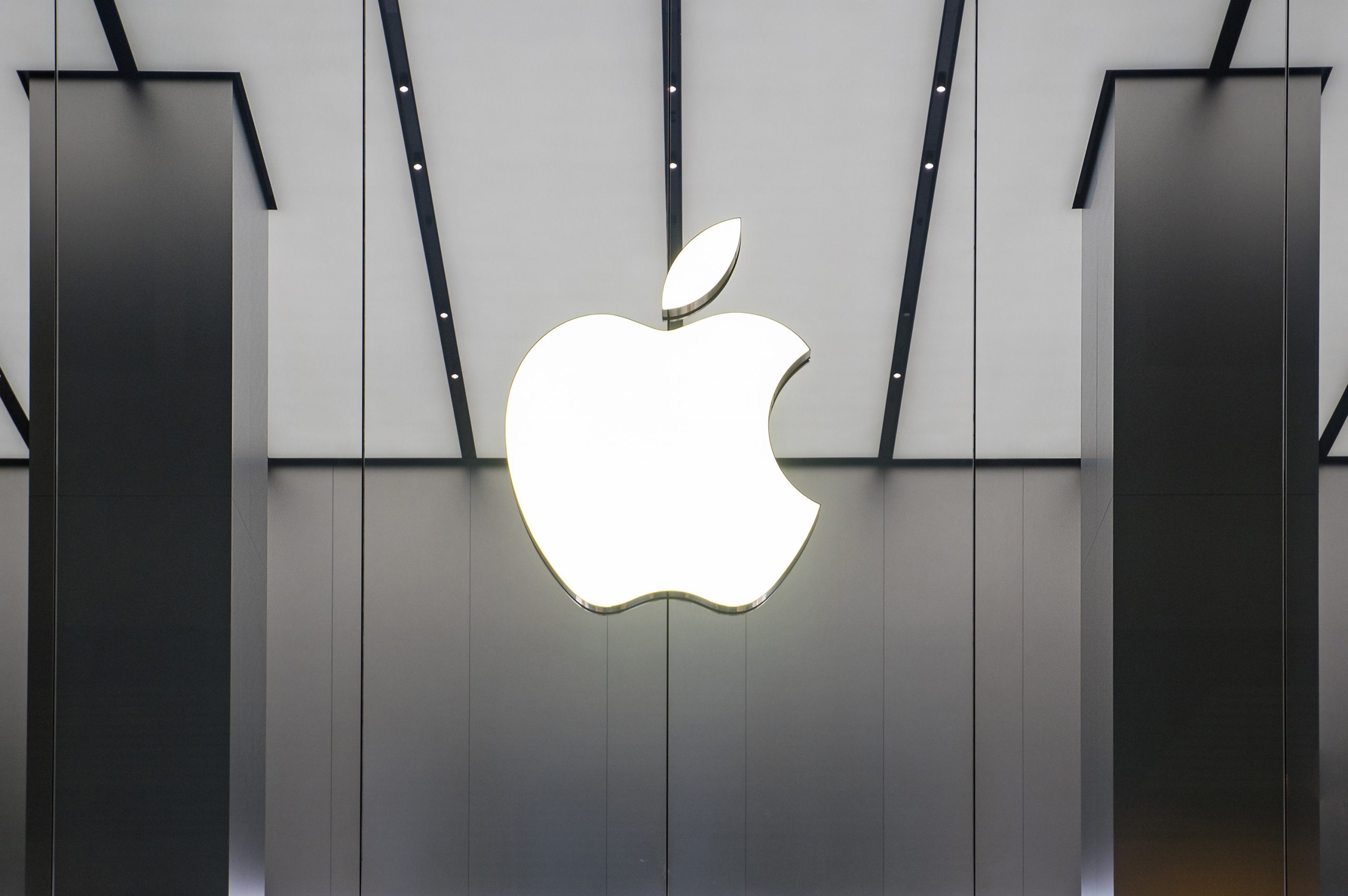
The shares of tech behemoth Apple Inc. (AAPL) shares have gained 44.2% in price over the past year and 5.7% over the past five days to close the last trading session at $174.72. The recent run-up was fueled by Wedbush analyst Dan Ives’ recent note indicating ‘stellar’ demand for the iPhone 13 globally. Ives says that AAPL is in the midst of a “monster product cycle.” However, the stock has slumped 1.6% year-to-date.
AAPL, which is headquartered in Cupertino, Calif., has unveiled its plans to cut iPhone and AirPods devices outputs, citing geopolitical crises and looming inflation as factors that are starting to weigh on demand for consumer electronics. The company plans to make some 20% fewer iPhone SEs next quarter or reduce production orders by about 2 million to 3 million units than initially planned, and to reduce orders for its AirPods wireless headphones by more than 10 million units for all of 2022, due to weaker-than-expected demand. AAPL also intends to make a couple of million fewer units of the iPhone 13 range based on seasonal demand adjustments.
In addition, AAPL’s competition is no longer limited to traditional rivals like Alphabet Inc. (GOOGL) or Meta Platforms Inc. (FB). Several start-ups are venturing into the metaverse, and web3, the new generation of the internet with the potential to disrupt these spaces. As a counter and to avoid an exodus of talent, AAPL has been signing big checks and rewarding its engineers with stock bonuses to persuade them to stay with the company.
Here is what could shape AAPL’s performance in the near term:
New Landmark EU Law Could Curb the Dominance of Tech Giants
The European Union agreed on a new antitrust regulation that could dramatically reshape the business models of U.S. technology giants. The new rules aim to restrict the market dominance of the major tech companies in the internet economy. The European Parliament and EU member states reached this deal on the Digital Markets Act last week, and the rules are expected to come into force this October. The big techs will be required to avoid setting their software as the default option when users set up their devices and ensure “interoperability,” which could mean AAPL’s iMessage being forced to exchange data with Meta’s Facebook Messenger or WhatsApp. AAPL said this will lead to “unnecessary privacy and security vulnerabilities” for users and “prohibit us from charging for intellectual property.” Furthermore, there will be severe consequences for breaking the rules, including multibillion fines and a possible breakup of the companies. AAPL’s prospects remain uncertain following the implementation of the rules, and much will be determined by how the company grapples with them.
AAPL Might Lose Out on Billions
AAPL might be forced to loosen its grip on its App Store as regulators from the U.S. to South Korea zero in on the tech giant’s high-margin business. AAPL charges a 30% fee from larger developers on app sales, and developers are required to use AAPL’s payment system; otherwise, it boots their Apps from the App Store. However, the Digital Markets Act could free developers from AAPL’s fees, costing AAPL billions. Furthermore, the Netherlands has fined AAPL for refusing to comply with an order allowing dating apps to use alternate payment methods, while India’s Competition Commission and U.K.’s Competition and Markets Authority have launched an antitrust investigation into AAPL’s App Store practices. In addition, in the U.S., the Senate Judiciary Committee has advanced the Open App Markets Act, which would prevent app store operators, essentially AAPL and Google, from forcing app developers to use their payment systems.
Premium Valuation
In terms of non-GAAP forward PEG, AAPL is currently trading at 2.45x, which is 59.5% higher than the 1.54x industry average. Also, its forward EV/Sales ratio of 7.01 is 112.1% higher than the 3.30 industry average. AAPL’s Price/Sales and Price/Book multiples of 7.21 and 37.85, respectively, compare with the industry 3.29 and 5.14 averages.
POWR Ratings Reflect Uncertainty
AAPL has an overall C rating, which translates to Neutral in our proprietary POWR Ratings system. The POWR Ratings are calculated by considering 118 distinct factors, with each factor weighted to an optimal degree.
The stock has a grade of C for Stability, consistent with its beta of 1.19.
AAPL also has a C grade for Growth. This is justified because the company’s revenues have increased at a 13.1% CAGR over the past three years, but its book value declined at a 15.2% CAGR over this period.
Of the 45 stocks in the Technology - Hardware industry, AAPL is ranked #21.
Beyond what I have stated above, one can also view AAPL’s grades for Quality, Value, Momentum, and Sentiment here.
View the top-rated stocks in the Technology – Hardware industry here.
Bottom Line
The tech giant has developed an impressive product line and continues its capability expansion, strengthening its footing in the industry. However, recent regulatory changes that are expected to take shape soon could force AAPL to change its business practices and profit-making strategies. Thus, considering the regulatory headwinds ahead, we think it could be best to wait for more clarity on its business prospects before investing in it.
How Does Apple Inc.’s (AAPL) Stack Up Against its Peers?
While AAPL has an overall POWR Rating of C, one might want to consider taking a look at its industry peers, AstroNova, Inc. (ALOT), which has an A (Strong Buy) rating, and Lenovo Group Limited (LNVGY) and TDK Corporation (TTDKY) which have a B (Buy) rating.
Want More Great Investing Ideas?
AAPL shares fell $174.72 (-100.00%) in premarket trading Monday. Year-to-date, AAPL has declined -1.48%, versus a -4.39% rise in the benchmark S&P 500 index during the same period.
About the Author: Subhasree Kar

Subhasree’s keen interest in financial instruments led her to pursue a career as an investment analyst. After earning a Master’s degree in Economics, she gained knowledge of equity research and portfolio management at Finlatics.
Is Apple Stock a Buy at $175? StockNews.com






